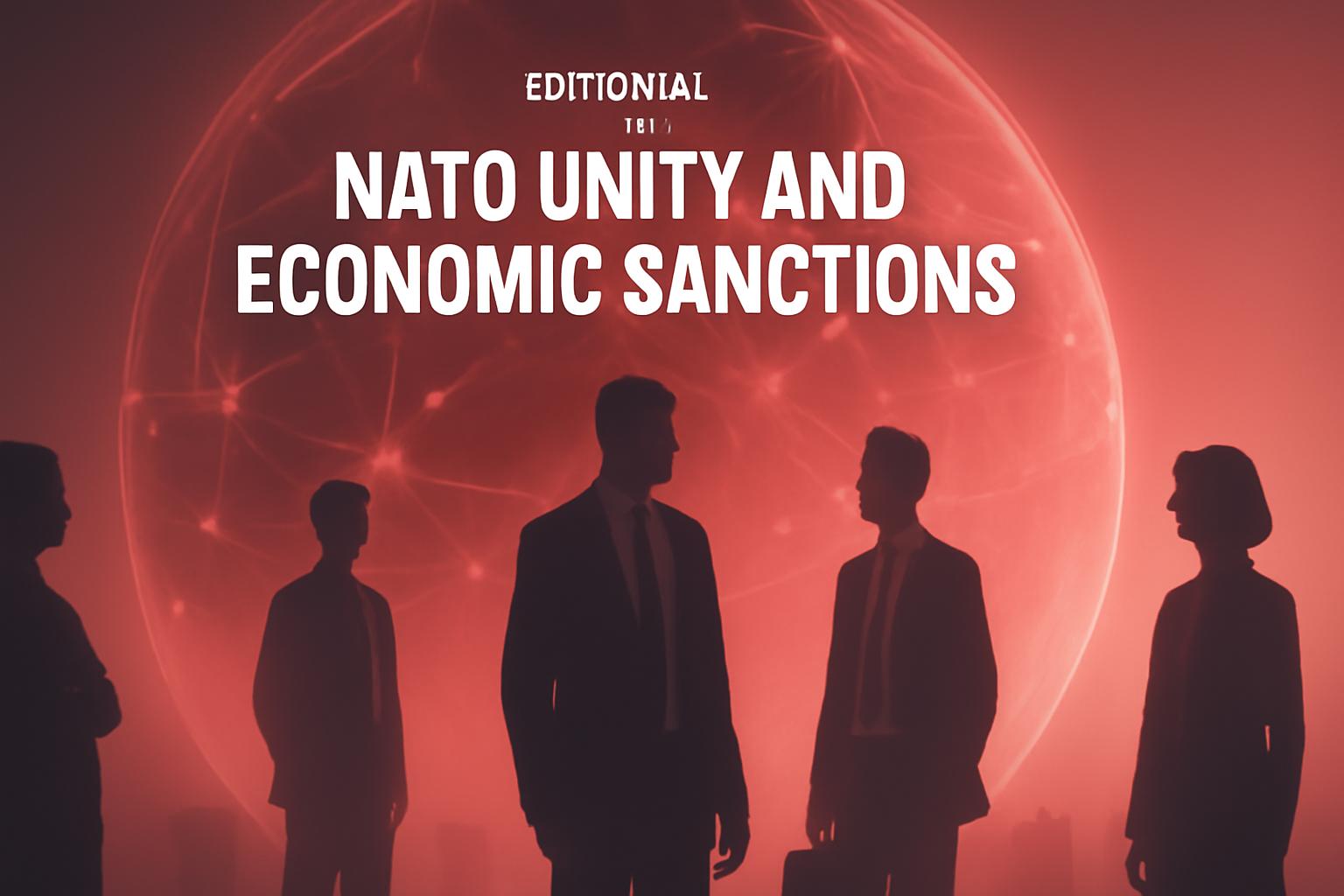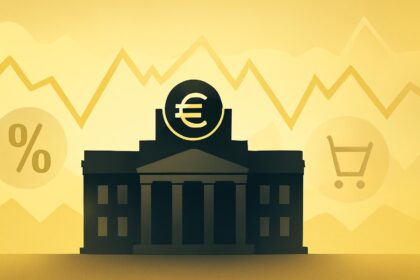Trump Conditions Major Sanctions on Russia upon NATO Unity
On September 13, 2025, President Donald Trump declared his willingness to enact significant sanctions against Russia, contingent upon all NATO member states adopting similar measures and ceasing oil purchases from Moscow. This announcement was made via a post on his social media platform Truth Social, which he described as the text of a letter sent to NATO countries and the global community.
Tariffs on China to Undermine Its Influence on Russia
In the same communication, Trump proposed imposing tariffs between 50% and 100% on Chinese imports, arguing that China maintains a strong hold over Russia. He suggested these tariffs should be rescinded once the Ukraine conflict concludes, aiming to disrupt Beijing’s economic leverage over Moscow.
U.S. Treasury and Ukrainian Leaders Endorse Coordinated Sanctions
Treasury Secretary Scott Bessent publicly praised Trump’s stance, emphasizing that only a unified approach cutting off financial resources fueling Russia’s military can effectively pressure Moscow to cease hostilities. Similarly, Ukrainian President Volodymyr Zelenskyy urged international partners, including Europe, the U.S., the G7, and the G20, to stop seeking excuses and fully implement sanctions to reduce Russia’s oil consumption and war-fighting capacity.
Strategic Implications and NATO’s Mixed Commitment
Trump criticized certain NATO members, notably Hungary and Slovakia, for continuing to purchase Russian fossil fuels, which he characterized as weakening the alliance’s negotiating position. U.S. officials, including Secretary of Energy Chris Wright, reiterated the goal of displacing all Russian gas to help end the war in Ukraine.
Experts have previously suggested that Trump’s hesitation to impose sanctions may reflect his interest in mediating a peace deal between Ukraine and Russia. Moscow-based analyst Chris Weafer noted concerns that a Russian defeat could push Moscow closer to China, potentially strengthening Beijing’s global position.
Outlook
Trump’s recent statements highlight a strategic pivot towards leveraging NATO unity to increase economic pressure on Russia while simultaneously targeting China’s role in the conflict. The success of this approach depends largely on NATO members’ willingness to align their policies and enforce stringent sanctions.
FinOracleAI — Market View
President Trump’s call for comprehensive NATO sanctions against Russia, coupled with proposed tariffs on China, signals a potential escalation in economic measures that could disrupt global trade dynamics, particularly in energy markets. The approach aims to tighten the financial noose on Russia’s war effort while addressing China’s influence, but its effectiveness hinges on NATO’s collective action, which remains uncertain given divergent member interests.
Markets may react negatively to increased geopolitical tensions and potential disruptions in energy supply chains. Key risks include resistance from NATO members reliant on Russian energy and potential retaliatory measures from China. Investors should monitor NATO’s policy coordination and developments in U.S.-China relations closely.
Impact: Negative













